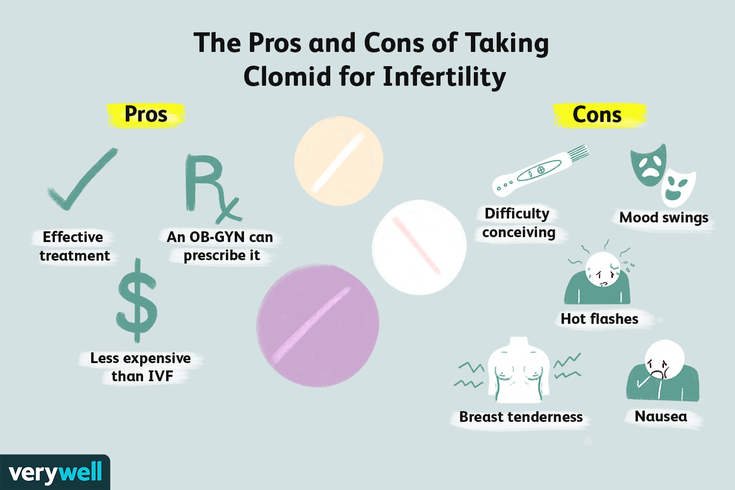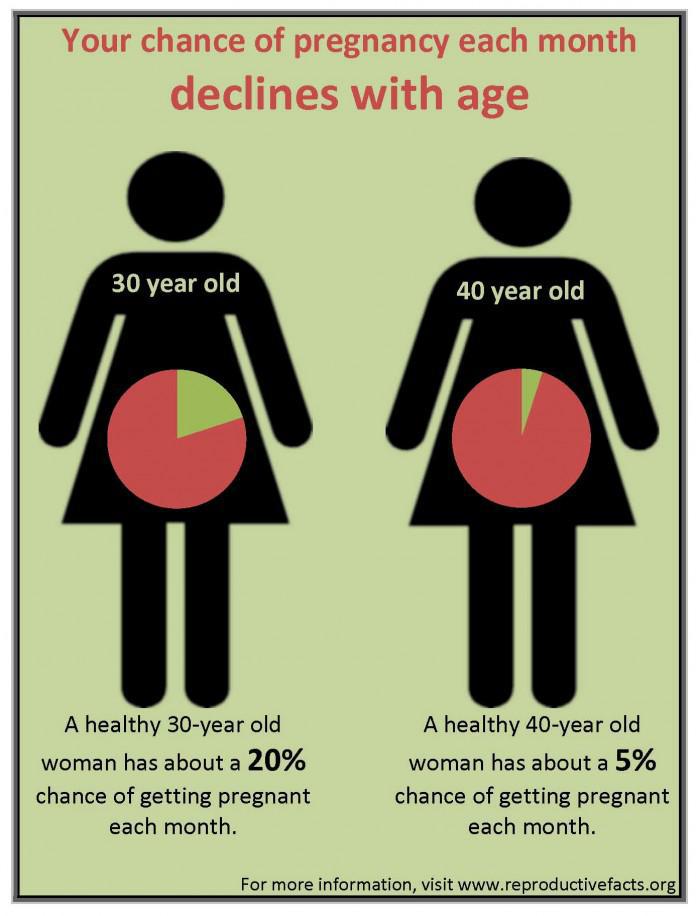
Turners Syndrome is a condition that is common among female mammals but rarely seen in males
It is caused by a hormone called ovotestosterin. Ovotestosterin produces androgen hormones, which cause the body's follicles to produce more estrogen than testosterone.
Women with this condition will have eggs in their ovarian follicles but will be sterile and will not ovulate. But if the follicle can keep its follicle tissue frozen well enough up to puberty, then they can preserve the male fertility. They can store the follicle tissue until they are ready to use it at a later time.
This condition of the ovary and follicle is very common, affecting nearly 75% of women's life cycle. It often begins in the teen years, but it can be diagnosed in middle age as well. Women who have it will have an irregular menstrual cycle, irregular vaginal discharge, increased risk of miscarriage, and increased risk of getting ovarian cancer. The condition affects the fallopian tubes, which can prevent pregnancy in some women.
A diagnosis of Turner syndrome usually results from a physical exam of the ovaries. An ultrasound may also be performed to see for sure that there are no cysts present in the ovaries or uterus. A genetic test may be performed as well to confirm the diagnosis. A test of the adrenal hormones may also be used to rule out polycystic ovary syndrome, another form of Turner Syndrome.
There are a number of treatment options available for this condition. Most doctors will prescribe hormone replacement therapy to maintain healthy ovulation and to help prevent the development of polycystic ovaries. Some doctors might recommend surgery to open the follicles to prevent further growth of the follicle tissue, which can be done to stop the release of estrogens.
There are also drugs that are used to help the female reproductive system respond to the change in hormones that occur with Turner Syndrome. The most common ones are gonadotropin releasing hormone analogs (GnRH), or injectable estrogen.

Another type of hormone therapy that doctors sometimes recommend is a type of surgery called a vasoepididymostomy. to reduce the size of the pituitary gland, which can be done during menopause or if the woman decides to get pregnant after the surgery.
Surgery may be required to repair the damage to the ovary and its follicles caused by Turner Syndrome. In the long run, surgery may be the best option because the damage and scarring of the follicle tissues are usually severe, making it difficult to re-grow and the egg cell production will often stop.
If hormonal therapy is not successful or if there is no evidence of recurrence of the problem, doctors may choose to use non-hormonal methods of treatment. One way doctors may try is acupuncture, acupressure, herbal medicines, or Botox injections. Although these types of treatment do not provide permanent treatment and can be risky, they may provide temporary relief for some patients.
Other methods used for treating Turner Syndrome include lifestyle changes, nutritional supplements, surgery, hormone therapy, and even acupuncture. Some physicians believe that lifestyle changes can play a large part in preventing the condition.
Your diet plays an important role in the overall health of your body. Certain foods can trigger ovulation, but others can interfere with ovulation. Eating the right kinds of foods will help regulate the hormonal levels in your body so that your body can better control your fertility.
You should also eat plenty of fruits, vegetables, and whole grains, because these foods can help regulate and balance your hormones. Eating fruits and vegetables can improve the production of progesterone, which helps regulate your menstrual cycles. Foods high in iron and calcium can also help regulate the ovaries and the release of estrogen.
Turning age is not the end of the world if you have turned aging. It is important to remember that turning age doesn't mean you can't get pregnant. Fertility can be enhanced, and it can be managed if you take care of yourself and your body, including managing your weight and exercising regularly.